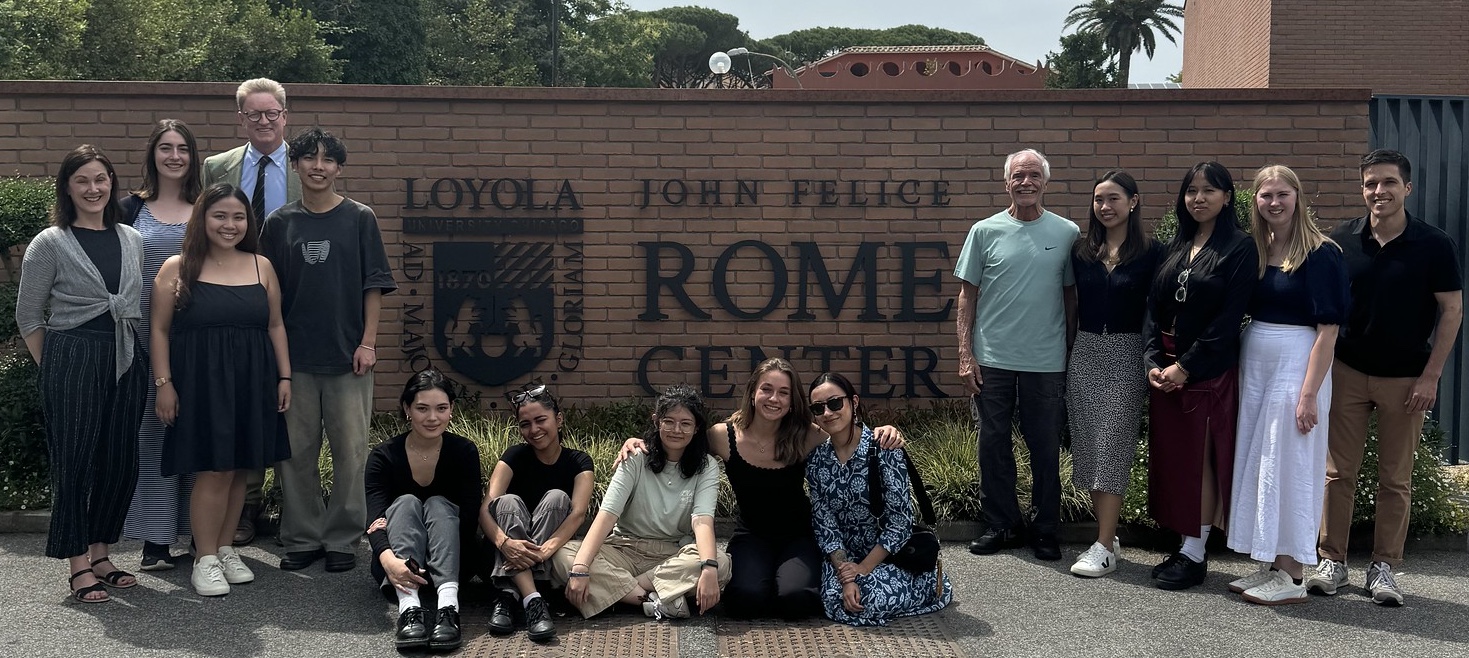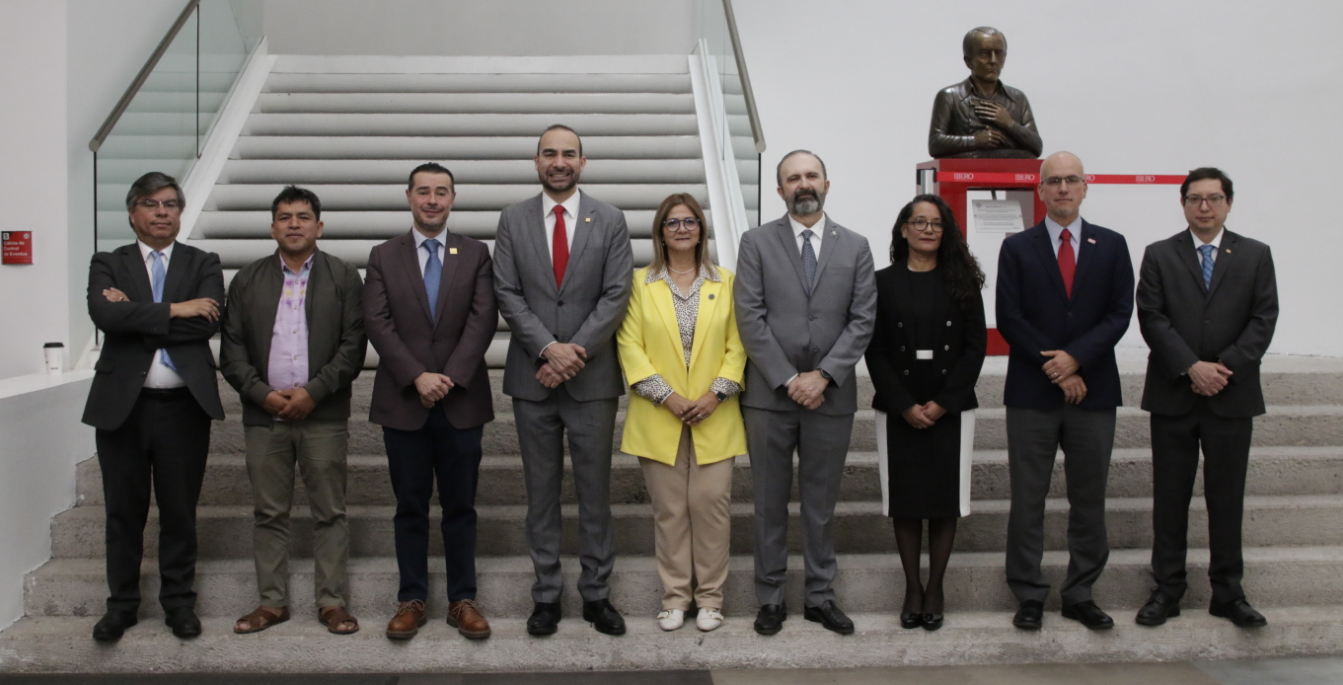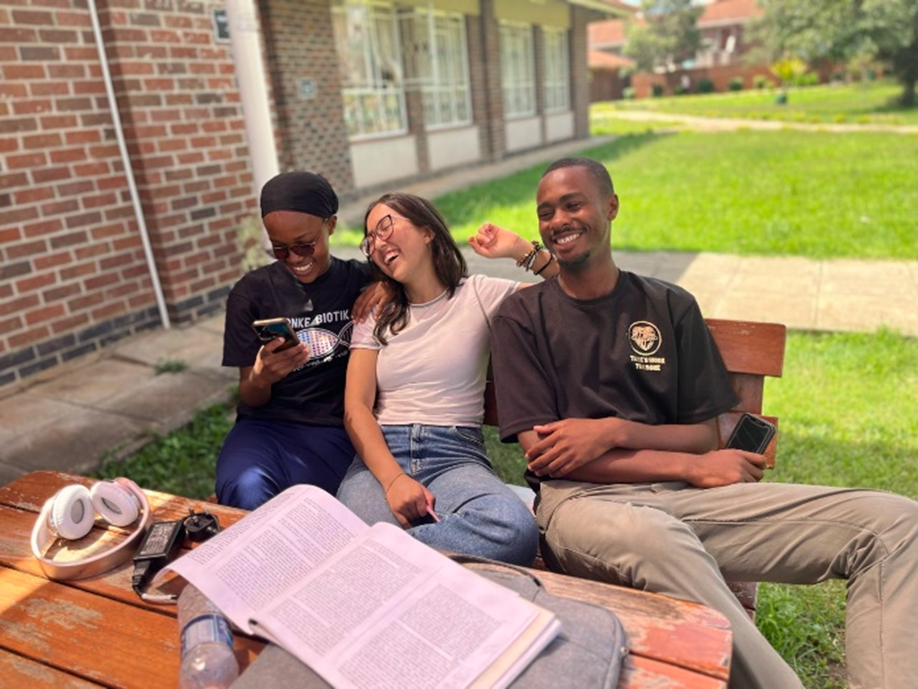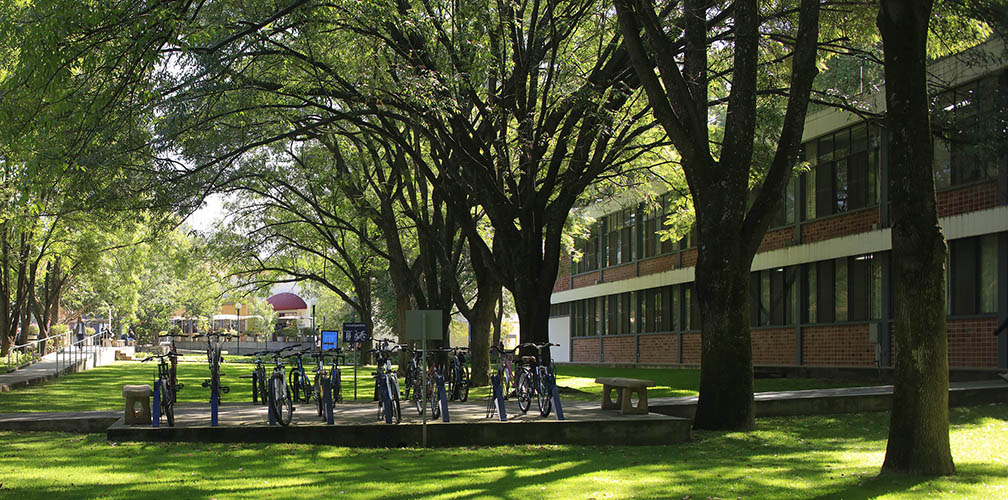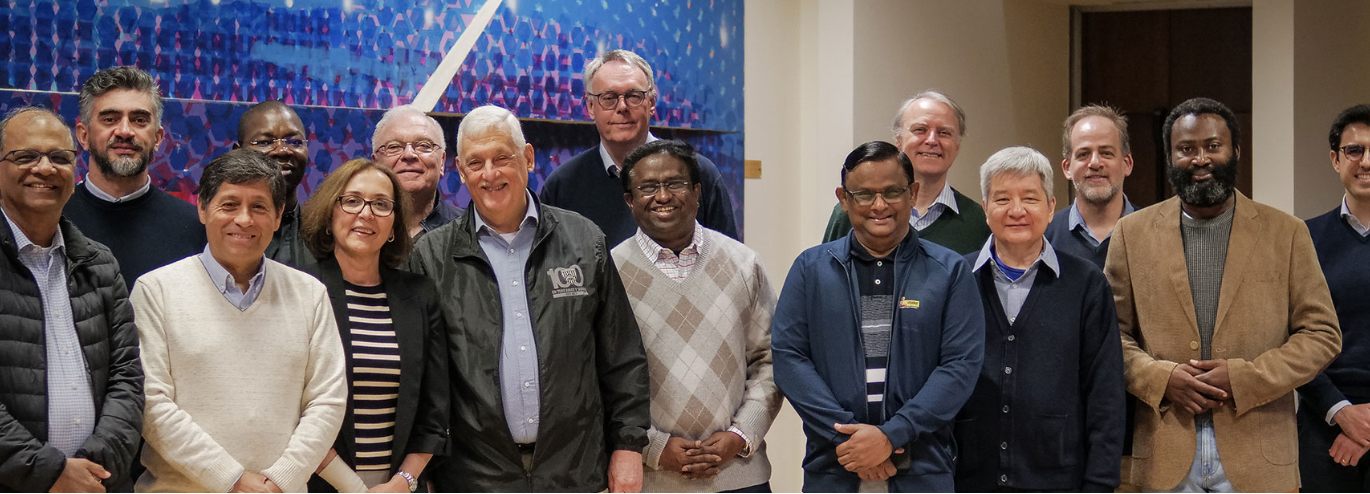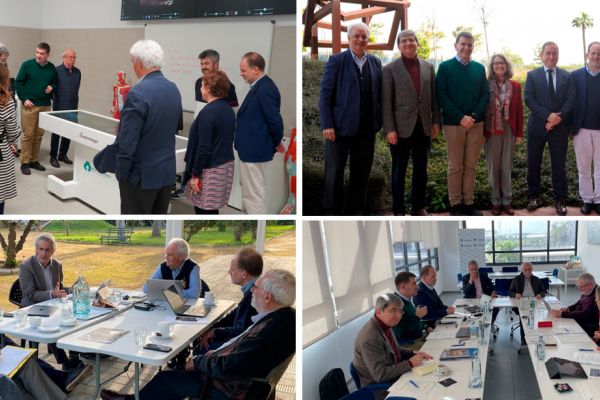IAJES Infrastructure Task Force
The infrastructure task force was created in the IAJES meeting at Cali, Colombia in 2019 along with the other task forces. Its goal is to facilitate the execution of projects related to the development of the infrastructure needed to improve the quality of living.
Three areas of interest have been identified so far: (a) The study and design of earthquake resistant structures, with special focus in low-cost housing. The goal is to share modeling techniques and research methodologies to design and build earthquake resistant structures. The recent earthquake in Turkey and Syria is a clear example of the elevated risk that earthquakes have over human life and highlight the importance of this area. (b) Smart cities, logistics and sustainable transport networks. The goal is to share research methodologies, good practices, and tools to analyze and optimize the logistic networks that a city needs to achieve quality of living, with emphasis in public transportation networks. (c) the production of drinking water, especially for remote areas. The goal is to develop projects aimed to provide drinking water where its availability is limited.
Smart cities, logistics and sustainable transport networks is the area with the most work done so far. A joint project between Universidad Javeriana at Bogotá and UCA at El Salvador is under way, developing and observatory for the analysis of mass public transport.
Many cities in Latin America face severe problems with the commute of its population from home to work and vice versa. In many places, the population has grown significantly while the vial infrastructure has not changed. In addition, public transport is not effective and, in some places, have significant issues regarding personal safety, encouraging the use of private vehicles as a main alternative for commuting. The significant increase in private vehicles along with the lack of proper vial infrastructure results significant traffic jams, long commute times, air pollution, and elevated risk of road accidents.
The purpose of the observatory for public transport is to gather data and develop analytical tools that allow the researchers to understand how people commute in a city, and from there, to propose alternatives aimed to encourage the use of mass transport instead of private vehicles. Many cities in the developed world have efficient public transport systems, commercial tools to analyze traffic, and effective urban planning policies. However, a lot of cities in the developing world do not have these tools nor the resources to implement them. For that reason, the observatory is being developed using open-source software with the goal to make its use available to everybody. The pilot application of the observatory is for the city of Bogotá, in Colombia, and because the analytical tools developed can be used in any city in the world, it is also being applied to the city of San Salvador, in El Salvador.
The observatory is still under development, and we would like to encourage faculty from IAJES who works in urban planning, transportation systems, logistics and computer science to join this effort, collaborate with us to further develop the observatory, and implement it in their countries. If you want to know more detail about the observatory, a technical article can be found in this link.
Finally, the other two areas of this task force (earthquake resistant design and the production of drinking water) have had very little advance so far. We would like to identify IAJES faculty working in these three areas and who are willing to join an international group to propose and execute projects with international reach. If you are interested in joining this task force in any of the three areas mentioned, please email to [email protected]
If you want to know more about IAJES, you can visit its website: https://www.iajes.org/

